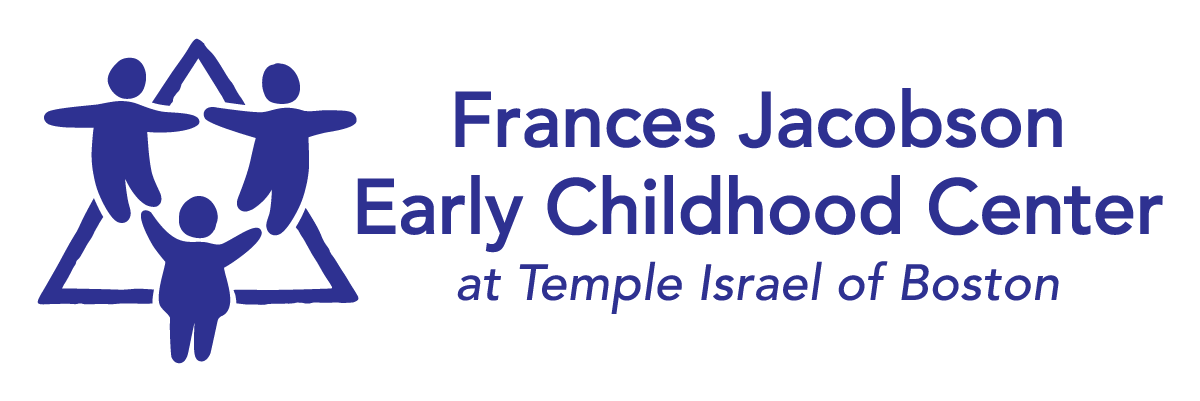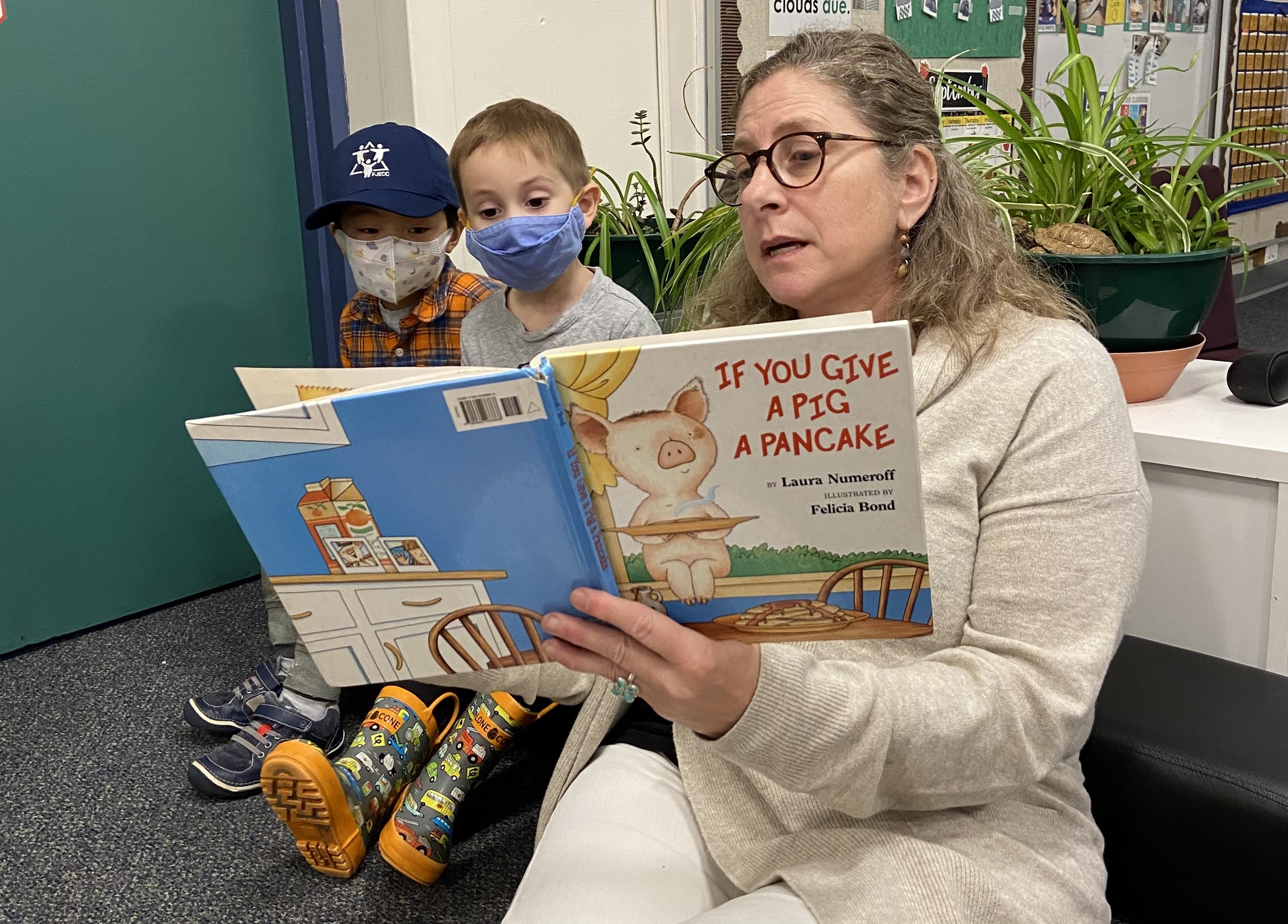Loss & Grief
/A note from Amy Bolotin, FJECC Director
The upcoming Jewish holidays are a mix of festive celebration and somber reflection. We joyfully welcome the New Year at Rosh Hashanah, marking this season of new beginnings with greetings of L’Shana Tova U’Metukah (a good and sweet year). We hit the “reset” button by tasting the fruitful sweetness of the world as manifested in apples and honey.
Ten days later we observe Yom Kippur, the Day of Atonement, during which we ask forgiveness for our own missteps and make note of the imperfections and incompleteness of human life. This holiday often brings memories of loved ones we have lost. And/or times spent thinking about the aspects of our lives that we may want or need to change. This is a time for deep reflection and connection with our spiritual lives. Adults often assume that concepts such as spirituality, religion and god are too abstract for young children. We shy away from talking about things like death, grief, loss because we do not want our children to experience the sadness and confusion that comes with these topics - or simply because they are daunting things to talk about and we are unsure how to begin.
In fact, I think children are more connected to the world in a spiritual way than most adults and that we are the ones who struggle to reconcile our inner lives with our daily lives. I believe children have a deep and readily available sense of spirituality. Many have an uncanny capacity to accept the subtleties of the spiritual world in ways we find harder to access. I believe we can trust children to accept the information we share with them if - and this is a big “if'' - we share it in ways that are tailored to the information they seek and if we refrain from offering answers that are too long and overly complex. Of course, there are many books that help guide us through these conversations. Never underestimate the power of a story to help navigate the world of feelings and of challenging topics. The power lies in the ability of words and pictures to help us find a common language (or set of images), to help create a meeting place to explore the deeper thoughts and feelings that can be overwhelming otherwise.
These three books are undeniably well-crafted to articulate what it means to lose someone you love. I think adults dealing with grief will find them as comforting as children do.
The Loving Wind Gabe Goldman
Grandad’s Island Benji Davies (Visit the Green Room to see more from author Benji Davies)
The Invisible String Patrice Karst
These three books support ongoing conversation around belief, god, spiritual practice:
Here Is the World; A Book of Jewish Holidays Lesléa Newman and Susan Gal
Because Nothing Looks Like God Lawrence Kushner, Karen Kushner, et al.
Mommy Can You Stop the Rain Rona Milch Novick and Anna Kubaszewska


